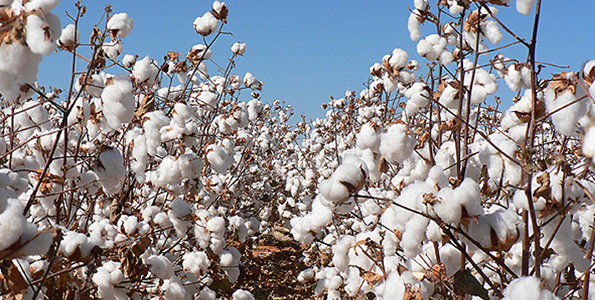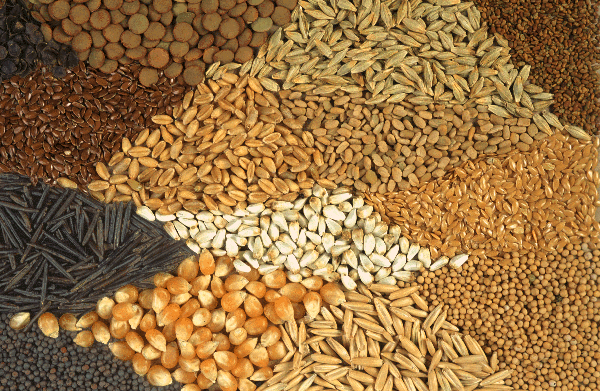Zimbabwe: Cotton Farmers Appeal for Cash Payouts Rise

Cotton farmers have appealed to Government to increase cash payouts, arguing they were losing a significant part of their money from cotton sales when it is deposited into mobile accounts.
This comes after Reserve Bank of Zimbabwe last week reduced cash payouts to cotton farmers from $200 per delivery to $40 per bale with the remainder being directly deposited into bank or mobile accounts.
The move was partly aimed at countering side marketing by private buyers who had taken advantage of the prevailing cash shortages by enticing farmers through cash payments.
The Government, through The Cotton Company of Zimbabwe invested $42 million into cotton production last season, but risked losing its investment as private merchants targeted growers it supported by paying spot cash.
While the central bank has made it mandatory for cotton merchants to pay spot cash of up to $40 per bale, farmers have felt shortchanged, citing huge premiums charged when transacting using mobile platforms.
While an average bales fetches about $100, farmers end up receiving as low is $65 after paying a premium to dealers to access cash.
A survey by The Herald Business last week in the Ngundu and Chiredzi in Masvingo Province and Checheche in Manicaland showed that Ecocash agencies were illegally charging a commission of between 15 and 40 percent to customers willing to withdraw cash.
Businesses too, are also charging high premiums on customers buying using EcoCash.
“If I go to Checheche, EcoCash agents are charging up to 30 percent. The Government is paying us good prices but we now have dealers who have not even worked undeservedly benefiting,” said a farmer at Checheche growth point.
“We are hiring people to pack our bales and they needed to be paid in cash. It is also not possible to buy livestock using EcoCash and it our appeal if Government can increase cash pay-outs.”
Econet Wireless Zimbabwe, which owns EcoCash has repeatedly told the users on its mobile payment platform that it was illegal for its agents to charge commissions outside prescribed rates.
Another farmer said at times there were left with no choice and ended up buying commodities not on their shopping plans.
“Some of the labourers helping us with harvesting do not have mobile phones and bank accounts. So after providing their labour, we end up buying them groceries not on their budgets,” said Ms Telembe Sithole of Checheche.
Farmers in Nuanesti Ranch said while they understood the challenges posed by the prevailing cash shortages, Government should priotise cash payments to cotton farmers given that the majority of them were living in remote parts of the country.
“We have many people who do not have bank or mobile accounts. The penetration level of financial inclusion is still low and it is important if the Government looks into that.”
credit:allafrica.com





